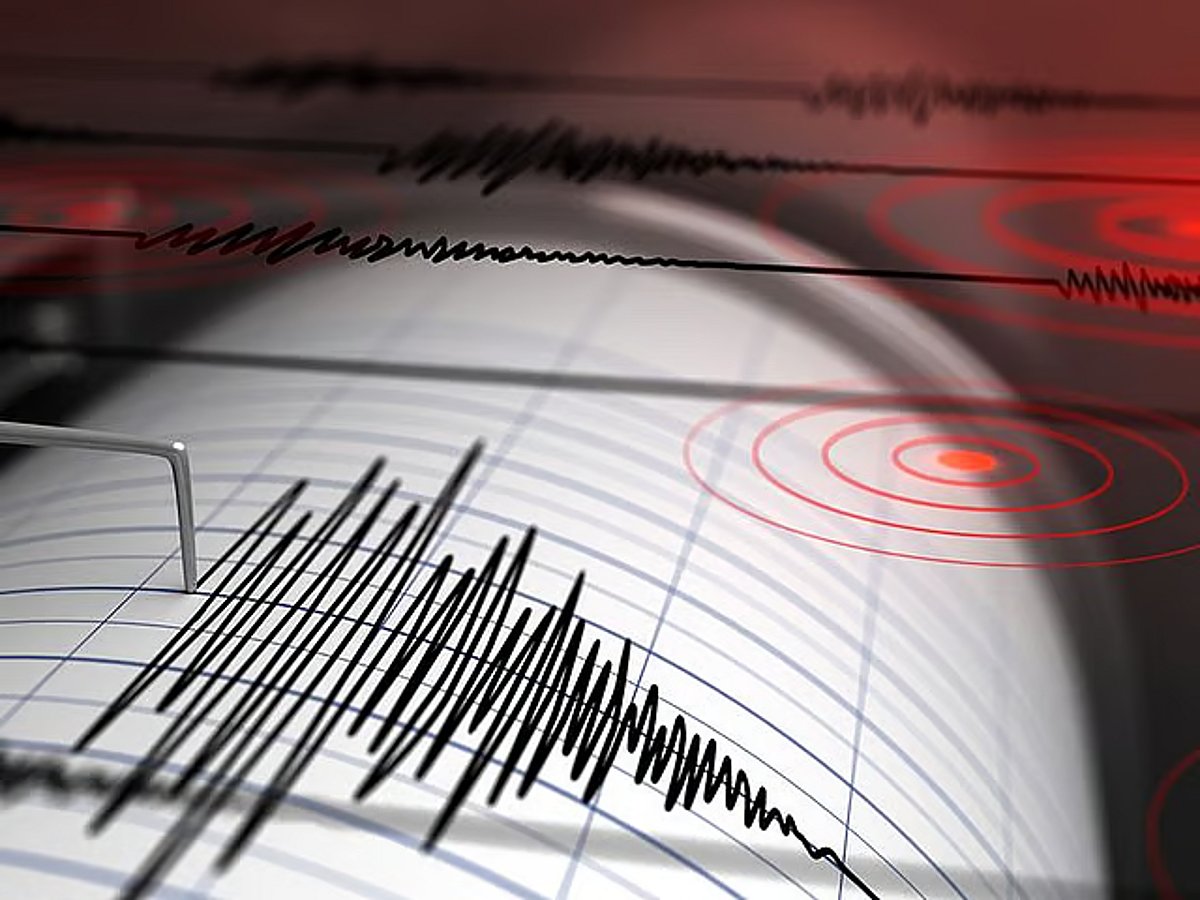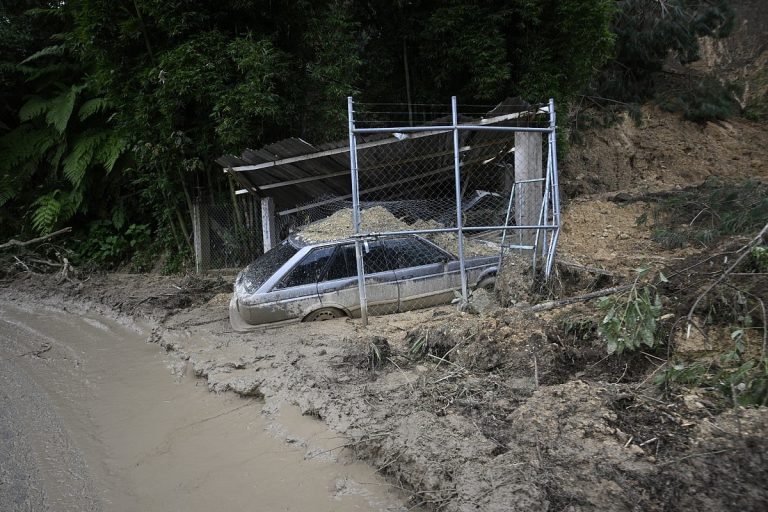Strong Earthquake Strikes Philippines, Tsunami Alert Issued
A powerful earthquake struck off the coast of a southern province in the Philippines on Friday morning, registering a preliminary magnitude of 7.6. Seismologists reported the tremor, which raised concerns about potential tsunami waves in the region.
Tsunami Warning Details
The Pacific Tsunami Warning Center in Honolulu issued a warning indicating that hazardous waves could affect areas within 300 kilometers (approximately 186 miles) of the earthquake’s epicenter. Fortunately, the center clarified that there is no broader tsunami threat beyond this immediate zone.
Impact and Response
Local authorities are assessing the situation to determine any damage or injuries resulting from the quake. Residents in coastal areas are advised to stay alert and follow instructions from emergency services.
FAQs
What should I do if I feel an earthquake?
If you feel an earthquake, drop to the ground, take cover under sturdy furniture, and hold on until the shaking stops. Stay indoors if possible and avoid windows.
How can I stay updated on tsunami warnings?
You can stay informed about tsunami warnings through local news outlets, the Pacific Tsunami Warning Center’s website, or emergency alert systems in your area.
What are the signs of a tsunami?
Signs of a tsunami include a sudden rise or fall in coastal waters, a loud roar from the ocean, or an earthquake that lasts more than 20 seconds. If you notice these signs, evacuate to higher ground immediately.
Conclusion
The recent earthquake in the Philippines has prompted a tsunami warning for nearby coastal areas. Authorities are monitoring the situation closely, and residents are urged to remain vigilant and heed safety instructions. Further updates will be provided as more information becomes available.
The Philippines is located in a seismically active region known as the Pacific Ring of Fire, where tectonic plates frequently collide, leading to earthquakes and volcanic activity. This geographical setting makes the country particularly vulnerable to seismic events. The recent earthquake is one of many that have affected the region over the years, with varying magnitudes and impacts. Historical records indicate that the Philippines experiences thousands of earthquakes annually, although most are too small to be felt by the population.
In the aftermath of significant earthquakes, local governments typically implement emergency protocols to ensure public safety. These include conducting damage assessments, mobilizing rescue teams, and providing assistance to affected communities. The Philippines has a well-established disaster response framework, which includes training for local officials and community members in disaster preparedness and response. This framework is crucial in mitigating the effects of natural disasters, as timely and effective responses can save lives and reduce property damage.
The potential for tsunamis following seismic activity is a serious concern for coastal communities. Tsunami waves can travel at high speeds across the ocean and can cause devastating impacts when they reach shore. The Pacific Tsunami Warning Center plays a vital role in monitoring seismic activity and issuing warnings to help communities prepare for possible tsunami events. In addition to immediate alerts, the center conducts research and develops models to better understand tsunami behavior and improve forecasting capabilities.
As the situation develops, it is essential for residents in affected areas to remain informed and prepared. Local authorities often utilize various communication channels, including social media, text alerts, and community announcements, to disseminate information quickly. Engaging with these resources can help individuals and families make informed decisions about their safety and well-being.
The international community often extends support to the Philippines during such crises, with various organizations offering assistance in the form of financial aid, supplies, and expertise in disaster management. This collaborative approach underscores the importance of global solidarity in addressing the challenges posed by natural disasters. As the assessment of the earthquake’s impact continues, the focus remains on ensuring the safety of residents and minimizing disruptions to daily life in the affected regions.
Also Read:
Rising Property Prices in Dubai: Effects on Buyers and Inves
UN Chief Calls for Gaza Ceasefire and Humanitarian Aid
Sharjah Ruler Calls for Community Involvement in 2025 Census







